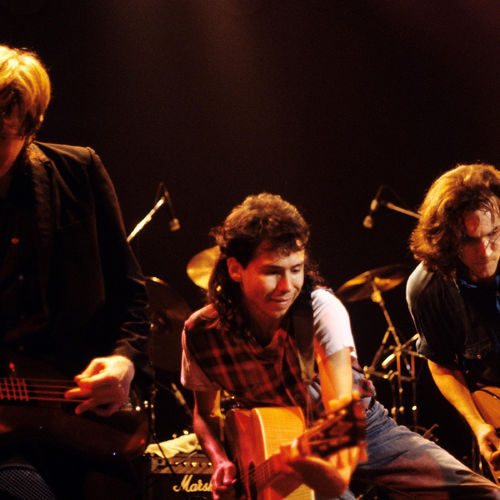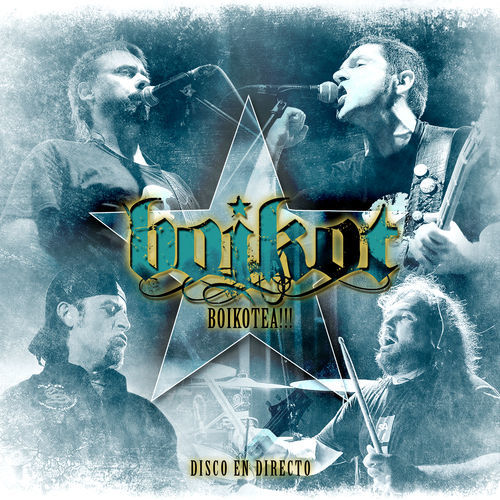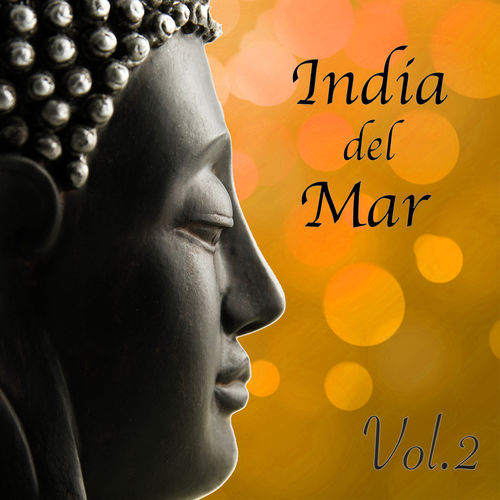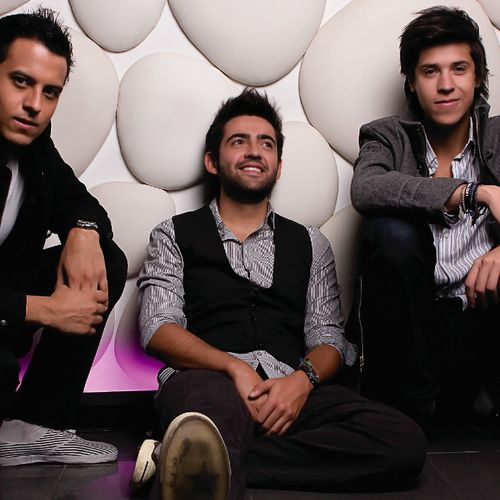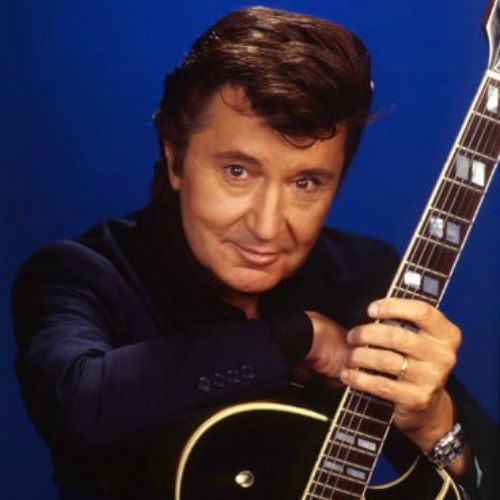
Biography:
Italian 1960s teen idol Bobby Solo made his debut while recording his first two singles in 1963, "Ora Che Sei Già Una Donna" and "Blu è blu." The artist's breakthrough came in 1964 after participating in San Remo's Festival, where he sang "Una Lacrima Sul Viso," which became an important episode in the Italian pop music history. A year later, Bobby Solo came in first place at the same event with "Se Piangi, Se Ridi" and one more time in 1969 after singing Gianni Morandi's "Zingara," later recorded by Connie Francis.
Read more on Last.fm

Other songs:








Four years of hard work!
This month of May we celebrated four years on the air. We continue working on the dissemination of this wonderful instrument, thank you for participating in our story!
This month of May we celebrated four years on the air. We continue working on the dissemination of this wonderful instrument, thank you for participating in our story!
#----------------------------------PLEASE NOTE---------------------------------#
#This file is the author's own work and represents their interpretation of the #
#song. You may only use this file for private study, scholarship, or research. #
#------------------------------------------------------------------------------##
# by Maurizio Codogno (mau@beatles.cselt.stet.it)
{title: Una lacrima sul viso}
{subtitle: Bobby Solo}
[C] [Am] [Dm7]
[G7] Da una lacrima sul [C]viso
[Am] ho capito molte [Em]cose
[F] dopo tanti, tanti [C]mesi ora [Am]so
[D7] cosa sono per [G7]te.
Uno sguardo ed un sorriso
m'han svelato il tuo segreto
che sei stata innamorata di me
[Dm7] ed an[G7]cora lo [C]sei.[Am][Dm][G7]
{soc}
[C]Non ho mai ca[Em]pito
[Fm]non sapevo [C]che
che [Dm7]tu, che [G]tu
tu mi a[C]mavi [Am]ma
[Fm]come [G]me
non tro[Em]vavi [Am]mai
il co[D7]ra-a-aggio di di-i-irlo, ma [G7]poi...
{eoc}
Quella lacrima sul viso
? un miracolo d'amore
che si avvera in questo istante per me
[Dm7] E non [G7]amo che [C]te[Fm][C]
{c: strumentale sulla strofa n. 2}
{soc}
Non ho mai capito
non sapevo che
che tu, che tu
tu mi amavi ma
come me
non trovavi mai
il coraggio di dirlo, ma poi...
{eoc}
Quella lacrima sul viso
? un miracolo d'amore
che si avvera in questo istante per me
[Dm7] e non [G7]amo che [C]te, [Am]te, che [Dm7]te, [G7]te...
#This file is the author's own work and represents their interpretation of the #
#song. You may only use this file for private study, scholarship, or research. #
#------------------------------------------------------------------------------##
# by Maurizio Codogno (mau@beatles.cselt.stet.it)
{title: Una lacrima sul viso}
{subtitle: Bobby Solo}
[C] [Am] [Dm7]
[G7] Da una lacrima sul [C]viso
[Am] ho capito molte [Em]cose
[F] dopo tanti, tanti [C]mesi ora [Am]so
[D7] cosa sono per [G7]te.
Uno sguardo ed un sorriso
m'han svelato il tuo segreto
che sei stata innamorata di me
[Dm7] ed an[G7]cora lo [C]sei.[Am][Dm][G7]
{soc}
[C]Non ho mai ca[Em]pito
[Fm]non sapevo [C]che
che [Dm7]tu, che [G]tu
tu mi a[C]mavi [Am]ma
[Fm]come [G]me
non tro[Em]vavi [Am]mai
il co[D7]ra-a-aggio di di-i-irlo, ma [G7]poi...
{eoc}
Quella lacrima sul viso
? un miracolo d'amore
che si avvera in questo istante per me
[Dm7] E non [G7]amo che [C]te[Fm][C]
{c: strumentale sulla strofa n. 2}
{soc}
Non ho mai capito
non sapevo che
che tu, che tu
tu mi amavi ma
come me
non trovavi mai
il coraggio di dirlo, ma poi...
{eoc}
Quella lacrima sul viso
? un miracolo d'amore
che si avvera in questo istante per me
[Dm7] e non [G7]amo che [C]te, [Am]te, che [Dm7]te, [G7]te...

